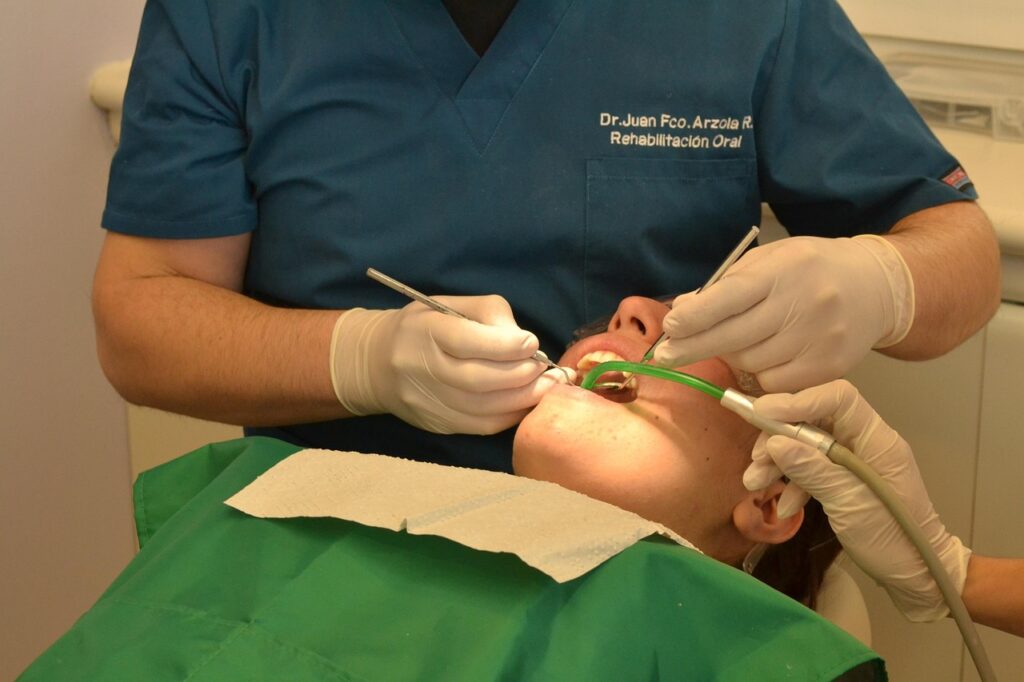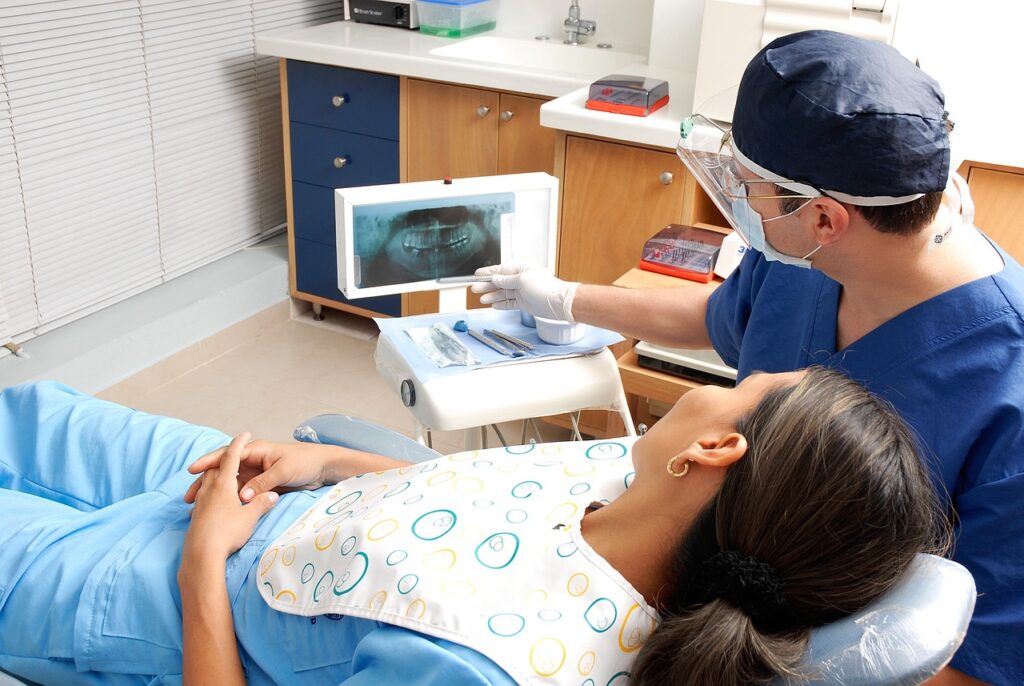Table of Contents
ToggleDental implants can restore chewing strength and confidence, yet the price tag often gives people pause. The good news: with a bit of homework, you can keep costs of dental implants in Sydney in check without cutting corners on safety or outcomes. Here’s a practical guide to doing exactly that.
Know what you’re buying
A single implant is more than “a fake tooth”. You’re paying for a titanium fixture in the jaw, an abutment, and a crown, often delivered across several visits. Not everyone is a candidate, and treatment can be provided by general dentists with extra training or by periodontists and oral and maxillofacial surgeons. Healthdirect suggests confirming that implants are appropriate for you and that you understand alternatives like bridges or dentures.
Price ranges and why they vary
Fees fluctuate based on
- Assessment and imaging,
- Bone grafting or sinus lifts if required,
- The implant system used,
- Surgical setting, and
- The experience of the clinician.
Medicare, DVA and private health cover

For most adults, Medicare doesn’t pay for dental implants. The main exception is Department of Veterans’ Affairs Gold or White Card holders, who may be able to claim through DVA-arranged care. Extras cover from a private health fund may rebate part of the prosthetic items (crown/abutment), but policies and annual limits vary widely, so it’s vital to check your product disclosure statement and waiting periods before booking.
Early access to Super: Proceed carefully
Some Australians fund major dental work via the ATO’s “compassionate grounds” pathway for early release of superannuation. It’s only available in specific circumstances for medical treatment and has long-term retirement implications. Review the ATO’s criteria and application steps and be wary of third-party ads that imply a quick approval.
How to compare clinics without compromising quality
- Verify registration and scope
Look up your dentist on the AHPRA/Dental Board public register. You can confirm current registration and note any practice restrictions. This is a simple, non-negotiable safety step.
- Ask for an itemised, staged quote
A clear quote should separate diagnostics (consult, CBCT), surgery (implant, grafts), and the prosthetic phase (abutment and crown/bridge). Comparing like-for-like quotes helps you spot low initial prices that omit later, unavoidable steps. Healthdirect encourages asking for full treatment costs up front.
- Identify the implant system and lab work
Reputable systems are TGA-approved and have Australian distributor support for parts and maintenance. Ask which system is being used, who does the laboratory work, and what warranties apply on components and workmanship. Your private health fund may also ask these questions when assessing benefits.
- Evaluate follow-up care and complication policy
Implants require review and maintenance. Clarify fees for post-op checks, management of complications, and replacement parts outside warranty. Continuity of care matters as much as the day-of-surgery price.
- Consider staged timing
If your dentist offers to place implants now and delay the final crowns until the next calendar year, you may spread out-of-pocket costs across two annual extras limits (where applicable). Check your fund’s rules before relying on this.

Also Read: 10 Questions to Ask Your Dentist Before Getting Full Dental Implants
Beware of false economies
Dental tourism can look attractive on price, yet the Australian Government’s Smartraveller and dental experts warn about infection risks, variable standards, and the lack of accessible follow-up if things go wrong once you’re home. If you’re weighing overseas quotes, factor travel, time off work, potential revision costs, and the value of local continuity of care.
Smart ways to trim the bill locally
- Seek second opinions on grafting or full-arch plans; treatment philosophies differ, and alternative prosthetic designs can cut lab and component costs. Use itemised quotes to compare.
- Ask about payment plans or finance. Many clinics partner with medical finance providers for staged payments. Always read fees and interest disclosures before signing.
- Prevent future expenses. Good home care and regular maintenance visits protect your investment and reduce the risk of peri-implant disease.
Checklist before you commit
- Confirm clinical suitability and alternatives with an AHPRA-registered provider.
- Get a full treatment plan and itemised quote covering imaging, surgery, parts, and prosthetics.
- Ask about the implant system, lab credentials, and warranties.
- Clarify rebates with your health fund and annual limits; don’t assume full cover.
- Consider university clinics if you’re cost-sensitive and time-flexible.
- Think twice about overseas deals; continuity and safety come first.
Getting value isn’t only about chasing the lowest number. It’s about transparent inclusions, proven systems, qualified clinicians, and follow-up you can actually access. Take those steps and you’ll improve your odds of a durable result without overpaying, whether you’re weighing up a single implant or a full-arch solution. If you’re comparing quotes and want better search visibility while you research dental implants cost in Melbourne or Sydney, apply the same checklist and focus on verifiable inclusions and credentials, not slogans.


